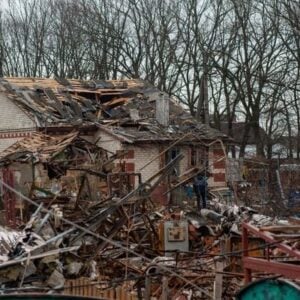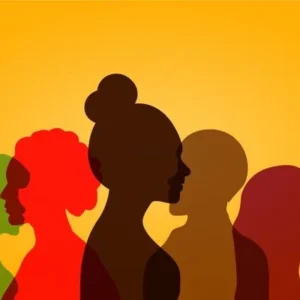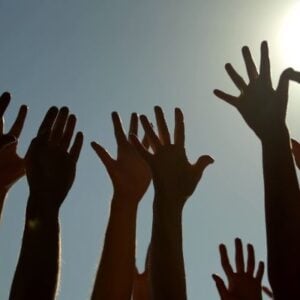The United Kingdom has announced vital new funding to support pregnant women, new mothers, and girls in Gaza, providing midwives, emergency medical supplies, and menstrual hygiene kits. This aid, which could reach thousands, is contingent on Israel allowing a substantial increase in humanitarian access amid a catastrophic crisis, with the Famine Review Committee confirming famine in parts of Gaza. The UK has called for immediate measures to improve the delivery of aid and protect civilians, including healthcare staff and facilities.
Foreign Secretary David Lammy highlighted the severe impact on women and girls, noting that Gaza’s healthcare system has been devastated, with ongoing strikes on hospitals and most facilities no longer functioning. He emphasized that the new support aims to improve midwifery services, making childbirth safer for mothers and newborns, but stressed that its effectiveness depends on Israel enabling safe and secure delivery of aid. Lammy also called for an immediate ceasefire, the release of hostages, and a framework for long-term peace.
The UK’s £3 million funding, delivered through the UN’s sexual and reproductive health agency (UNFPA), will support midwives in providing lifesaving care to some of the 130 women who give birth daily in Gaza. UNFPA has already reached over one million people with sexual and reproductive health services and gender-based violence prevention and response support, while ensuring that more than 150,000 women and girls have access to essential menstrual and hygiene items.
Laila Baker, UNFPA Arab States Regional Director, emphasized the extreme risks faced by pregnant and breastfeeding women amid widespread malnutrition, disease, and collapsing maternal and neonatal services. She noted that one in five babies in Gaza is born prematurely or underweight and stressed the urgent need for unimpeded and sustained humanitarian aid.
In addition, the UK’s Foreign, Commonwealth & Development Office (FCDO) is partnering with Oxfam GB to distribute Reemi zero-waste menstrual hygiene kits suitable for women and girls with limited access to clean water. Despite challenging conditions, over 5,000 kits were distributed in Northern Gaza in early 2025, helping meet basic hygiene needs during the ongoing conflict.







